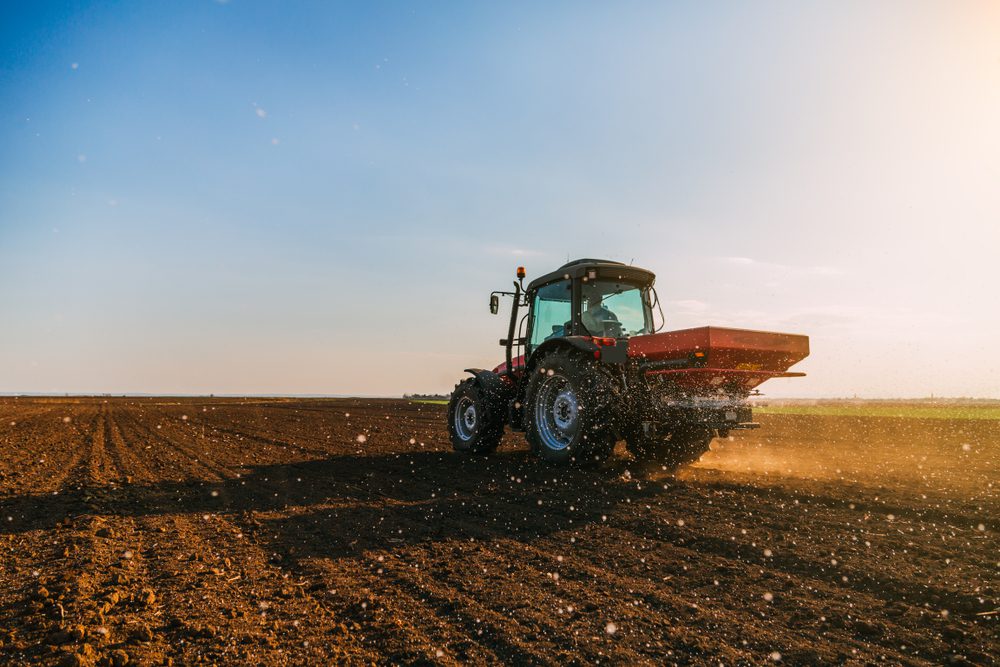
Approval of a controversial nitrogen dossier eluded the Flemish parliament, as last Sunday negotiations came to a screeching halt. Unwilling to agree, the Christian Democrat CD&V party left the negotiation table, triggering a major crisis within the ruling coalition.
Remarkably, following CD&V’s pull-out, CD&V’s coalition partners—the Flemish nationalist N-VA and the liberal Open VLD—went ahead and approved the concept note anyway. Meanwhile, under N-VA Flemish Prime Minister Jan Jambon’s instruction, Environment Minister Zuhal Demir, also N-VA, began work on a draft decree—an act of defiance which, for all intents and purposes, shuts out the voice of the CD&V from government.
Parliament must, however, first approve that decree, which may not be submitted until after summer.
Jambon is laying blame squarely at the feet of the Christian Democrats, claiming they said ‘nyet’ to every proposal. In response, the CD&V argues the PM should come up with a workable solution.
Jambon’s treatment of a key coalition partner is raising concerns of legality, since the government is unconstitutional if it does not count among its ranks a minister representing Brussels; currently, that is the CD&V minister. As such, the Flemish government finds itself in uncharted territory.
While the CD&V met on Monday to discuss the situation, it is unclear how CD&V will respond on March 7th, when parliament will hold a debate on the matter. Thus far, none of the three CD&V ministers (out of a total of 9) have voiced any desire to step down.
Should that occur, however unlikely, the Flemish would end up with a minority government—a first.
Should the CD&V remain immovable on the dossier, theoretically other parties could ‘intervene’ to achieve a required majority vote.
As votes garnered from the socialist Vooruit will not suffice, the Greens would also have to join in the process. Yet it is highly unlikely those two parties will come to the negotiation table without demands of their own, prompting concerns that the process would have to be started all over again.
The point might, however, be moot. Given the state of play, the prospect of being made part of the ailing governing coalition is, when viewed through the lens of political expediency, less than enticing.
Barring a vote of no confidence in one or more ministers by representatives, it is far more likely that the current government will trudge on until next year’s scheduled election.
For many months, all parties constituting Belgium’s regional government have held arduous talks over the nitrogen dossier. An excess of nitrogen deposits in the soil, the government reasons, threatens biodiversity while it causes soil and water to sour.
Even though all agreed on the problem and the urgency of coming up with countermeasures, opinions differed on implementation.
A tentative concept note, introduced last year, continues to elicit fear and anger among Flemish farmers, with those raising pigs, poultry, and cattle being hit especially hard. For pigs and poultry, it envisions a 60% reduction of nitrogen, while for cattle, it expects 15% to 20%.
While perhaps not exactly their champion, the CD&V has demanded that at least the younger farmers should be promised better future prospects.
Those farmers who deem themselves unfairly targeted, last Friday turned up in droves in Brussels to protest, echoing grievances similar to those of their Dutch colleagues who made their own voices heard during last year’s spate of protests.
As a whole, the situation is comparable to that in the Netherlands, where the Dutch government, as part of its aim of halving nitrogen—also by 2030, a date no doubt prompted by the UN’s Sustainable Development Goals—last December went ahead with the compulsory sales of farms.
